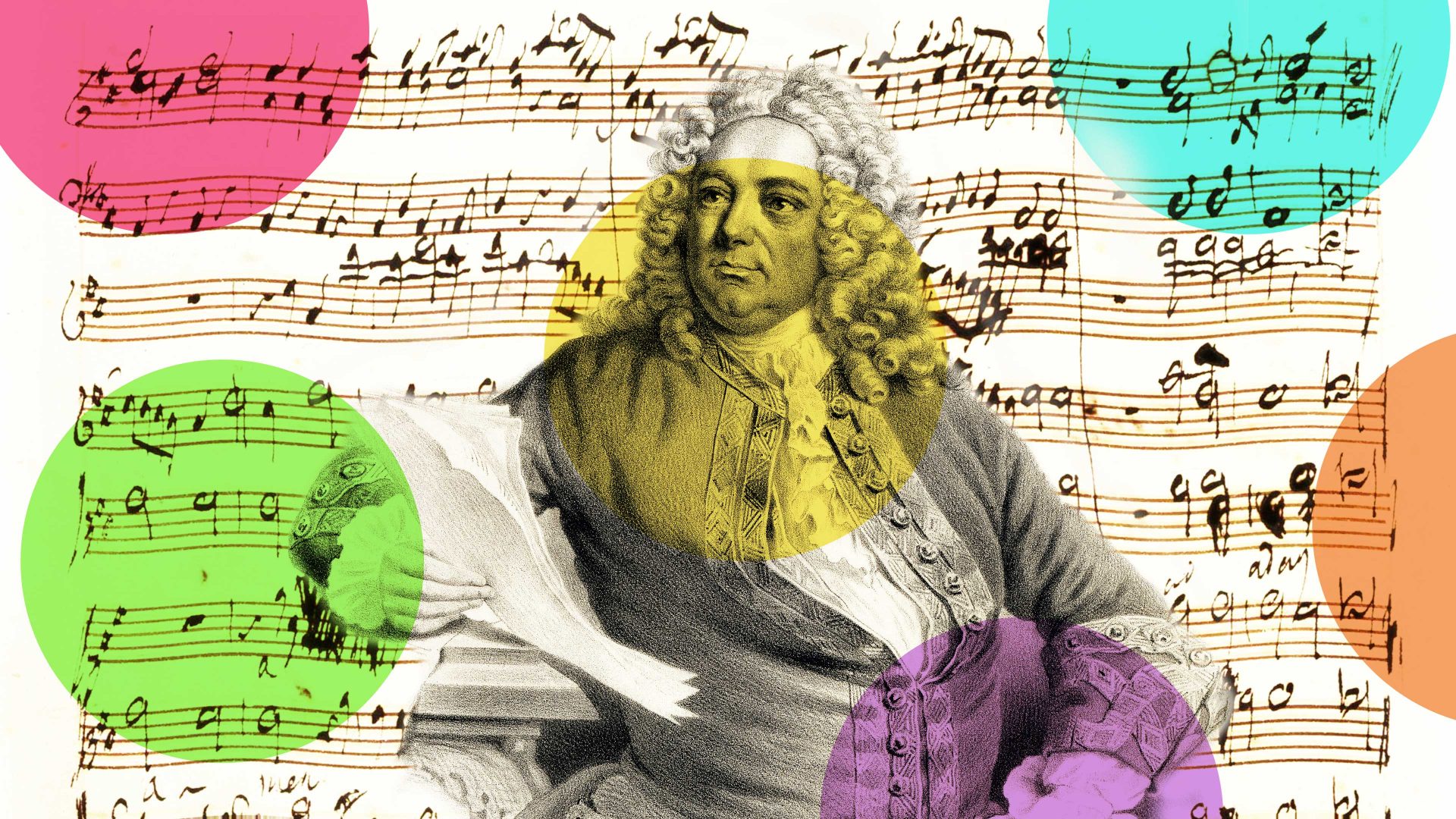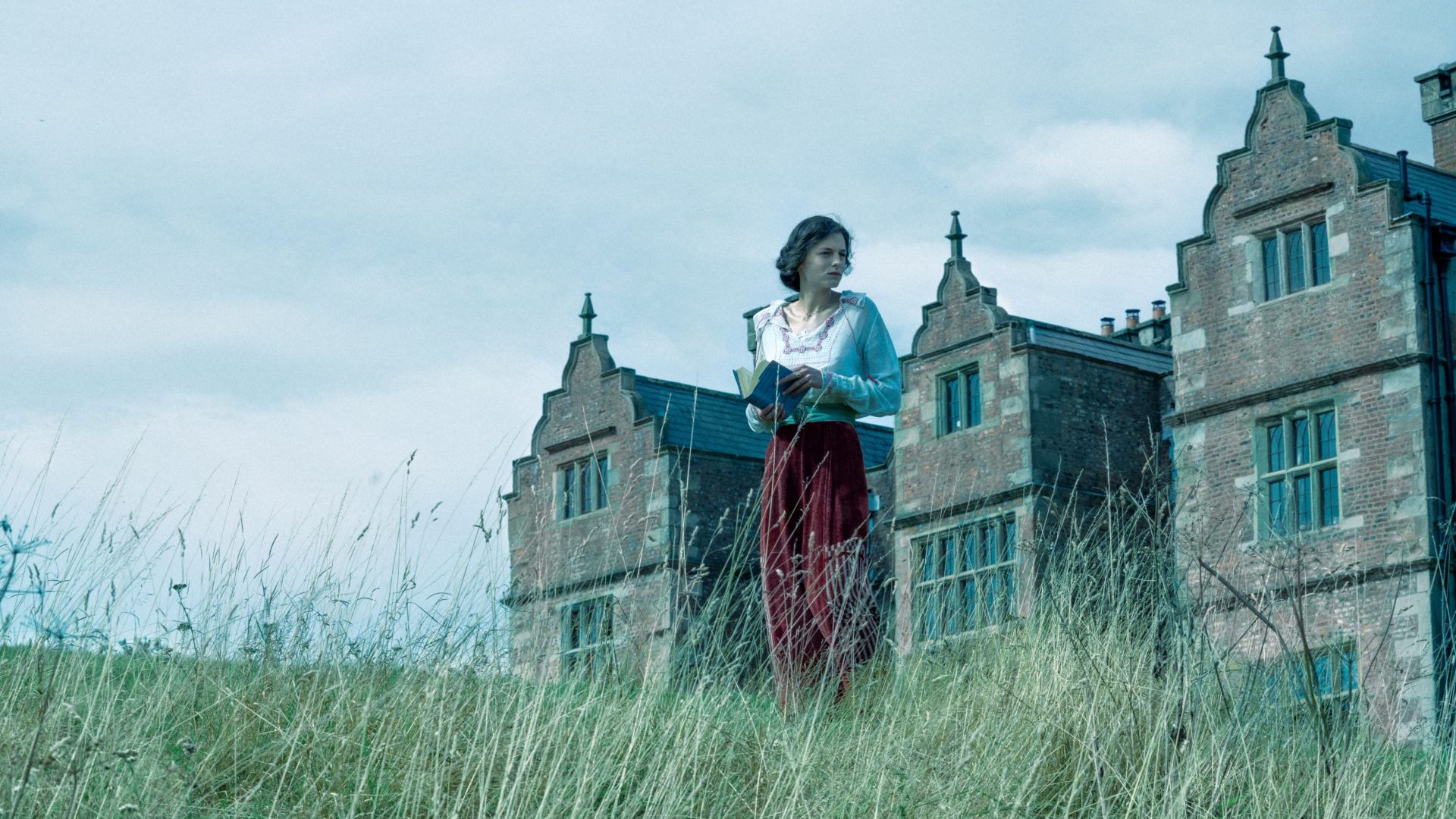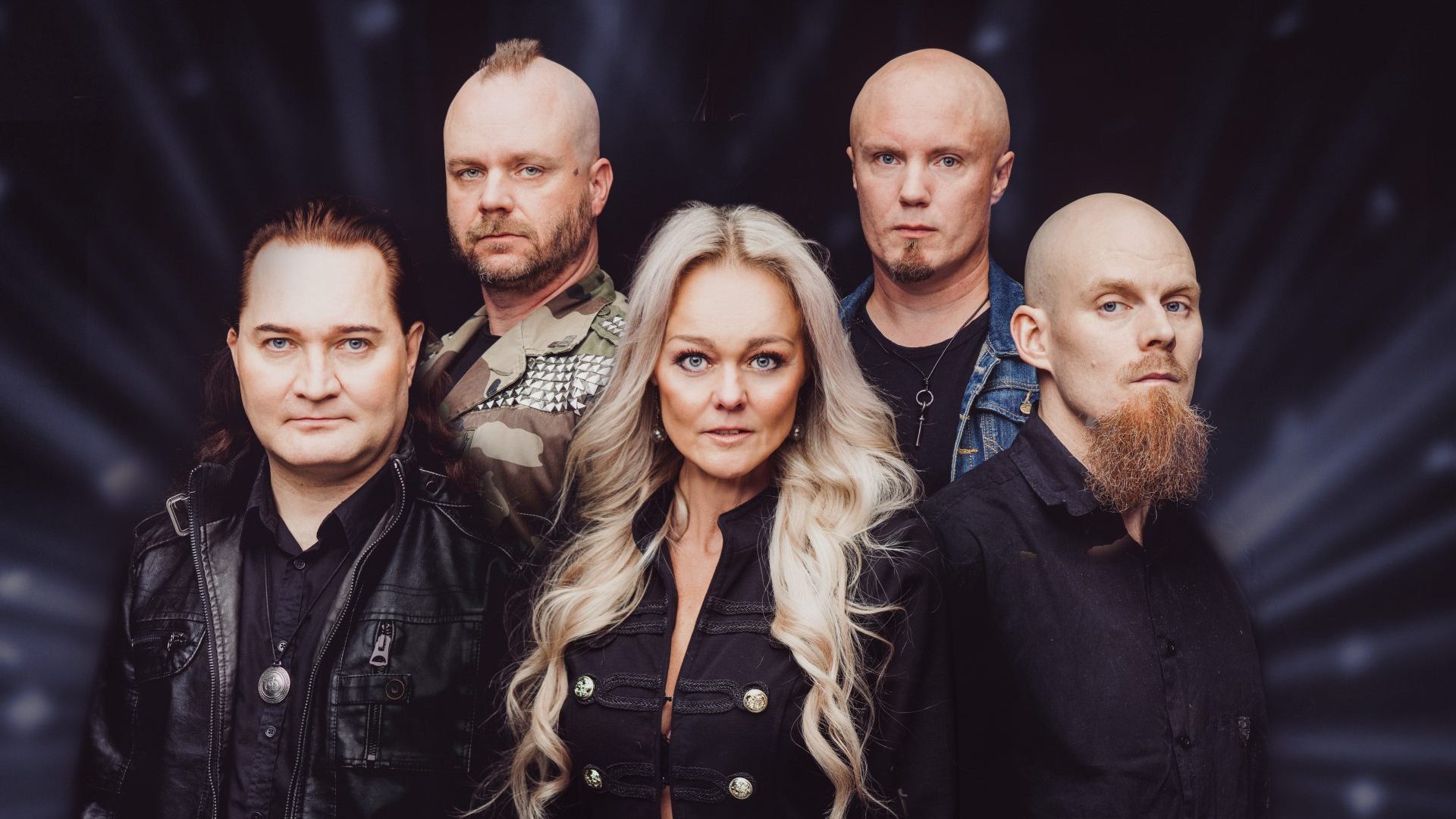Such was the anticipation around the premiere of Handel’s Messiah in Dublin in 1742 that the organisers asked ladies to not wear hooped dresses and men to leave their swords at home in order to fit in the crowds. It didn’t disappoint. The audience was enthralled.
The baroque oratorio by the celebrity composer of his era remains hugely popular, even though this genre of music has been overtaken many times. Messiah performances sell out at Christmas and it’s the most requested piece of music of all time on Radio 4’s Desert Island Discs.
So Handel’s hit was an obvious choice for the innovative artistic director and conductor Gregory Batsleer, who is trying to reshape the classical concert format for the visually-driven 21st century with his new Classical Everywhere project. “It’s the original pop music, really. The combination of the melodies and the stories mean it’s as powerful today as when it was first written,” Batsleer told me, ahead of his one-off performance on December 6. “It’s great to sing and listen to. The reason it ultimately stands the test of time is that, although it can’t be denied how religious it actually is, Handel’s genius is the ability to create secular meaning and humanistic meaning within it.”
As if to make that point, the secular Covent Garden theatre was chosen instead of a church for the London debut of this story of Jesus. Its European premiere was in the equally irreligious Palazzo Pitti in Florence. And what’s more human than the melodic, heartbreaking portrayal of a shunned outsider in the emotive contralto aria He was Despised?
Giving the scandalous actress and singer Susannah Cibber this aria has
been likened to putting the Whore of Babylon on the stage. Handel was
clearly sympathetic towards the woman shunned by others, but she was also useful clickbait – curiosity about Cibber was partly behind the clamour for that first Messiah at a time when Handel’s musical and financial fortunes were at a low ebb. Her performance in Dublin touched hearts, inspiring the Rev Patrick Delany to jump up and cry: “Woman, for this be all thy sins forgiven thee!”
There are many joyful moments, including the famous Hallelujah chorus, in a piece described by the British conductor and harpsichordist Harry Bicket as “about the human response to the divine”.
Playing at the Theatre Royal, London, where many Handel productions were performed in his lifetime and all the way to the 1900s, Classical Everywhere’s version courts newer human responses by aiming to create a “great night out with classical music at the centre”, using projections, light shows by Terry Cook (who worked on the London 2012 Olympics ceremonies), and dancers, who will interpret the soloists’ arias and give them dramatic narrative.
“Handel’s music was built on dance rhythm, so this makes sense,” Batsleer
added. “In all baroque music the rhythms or the speed or the various time signatures are related back to a dance style known at the time, be it a gavotte or a minuet or a galante. When you listen to baroque music you should want to dance.”
While pure classical music is beautiful and powerful, it can benefit from new ideas to reach more people in today’s more secular, diverse and technological society.
But Batsleer insists his Messiah has the music at its centre: “We’re not dumbing that down.” The performers are world-class, including Danielle de
Niese, who has been called “opera’s coolest soprano”, and Nicky Spence, winner of a BBC Music Magazine personality of the year award in 2022.
In these tough times for classical music, every attempt at widening appeal
should be embraced. Even before Brexit curtailed lucrative music tours, state subsidy was diminishing, with arts organisations pushed towards the US model of philanthropy. Cancellations because of Covid devastated performers and venues. As the energy crisis hit, low-level government concern for the arts almost completely withered away. The Arts Council has just announced deep funding cuts.
The announcement focused minds on the importance of the arts and the
danger they’re in. Even well-funded European institutions will face a
reckoning. The challenge today is to revolutionise thinking to reinvigorate
interest – the new, showy Messiah is one step. Handel’s centuries-old work
has won its battle for relevance, but will today’s generation secure another few centuries for classical music?
“Ultimately music is supposed to mirror its time,” Batsleer said. “Maybe
actually what our industry is feeling about our future is just a mirror of what
the wider picture is. If our generation can get through the environmental
crisis and democratic crisis, maybe it’s right that the art form is going through this existential crisis now.
Handel Messiah: The Live Experience is at London’s Theatre Royal, Drury Lane on 6 December. Information and booking at immersivehandelsmessiah.com




